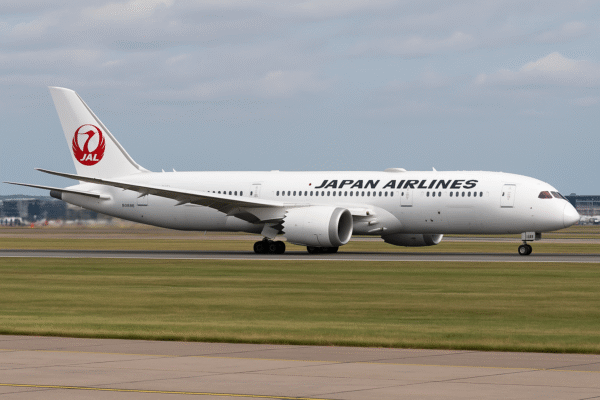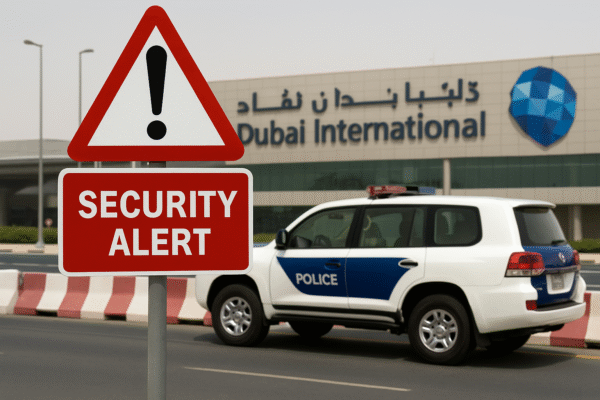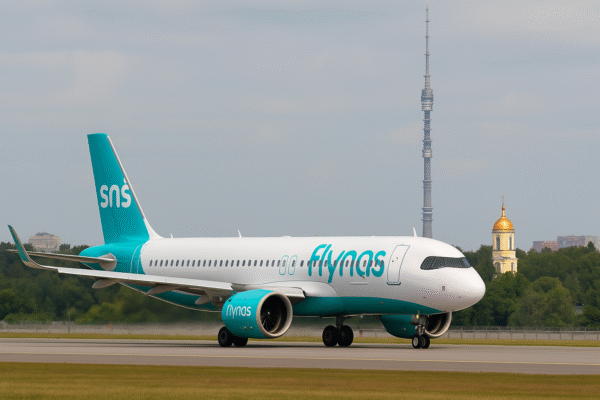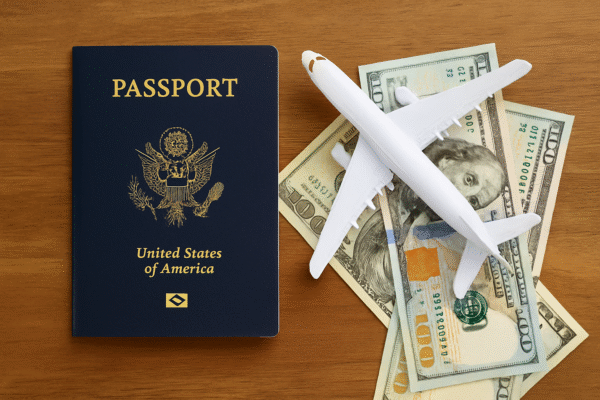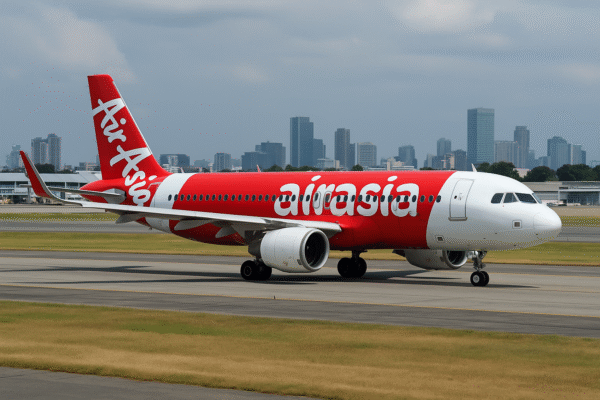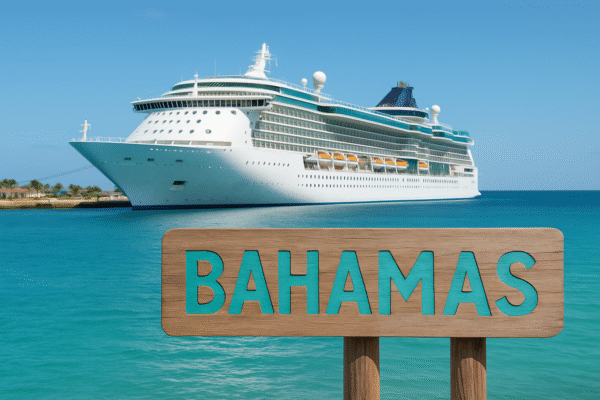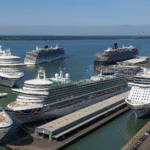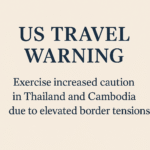In a decisive step toward environmental stewardship, the government of the Bahamas has unveiled a new waste tax targeting cruise ships operating in its territorial waters. The policy, introduced by the Ministry of Environment and Natural Resources in collaboration with the Ministry of Tourism, seeks to address the long-standing issue of marine pollution linked to cruise tourism while promoting a more sustainable model of economic development.
Understanding the Cruise Waste Tax
The newly proposed waste tax will apply to all cruise vessels—both domestic and international—that dock at Bahamian ports such as Nassau, Freeport, and private cruise islands like CocoCay and Half Moon Cay. The tax is specifically designed to target waste generated onboard during voyages, including sewage, greywater, garbage, and hazardous materials.
Though the exact tax rate has not yet been finalized, government sources indicate it will be proportionate to the ship’s gross tonnage and volume of waste output. The Ministry of Finance and the Department of Environmental Planning and Protection are currently working to finalize the legislative framework, with implementation expected before the end of 2025.
Sustainable Tourism Goals Drive the Policy
The tax is part of a broader national strategy outlined in the Bahamas’ “Sustainable Maritime Tourism Initiative,” which aligns with the United Nations Sustainable Development Goals (SDGs). A primary goal is to protect marine biodiversity and ensure that tourism growth does not come at the expense of natural resources. According to the Bahamas National Biodiversity Strategy and Action Plan, cruise-related waste is a top concern in maintaining the country’s fragile coral reef systems and pristine beaches.
The collected revenue will be channeled into dedicated environmental funds aimed at improving waste treatment infrastructure, enhancing marine park protection, and supporting community-based conservation projects.
Impact on the Cruise Industry
Major cruise operators like Royal Caribbean, Carnival Cruise Line, and Norwegian Cruise Line, which frequently operate routes through the Bahamas, will need to adjust their business models. This could include:
- Increased Operational Costs: The waste tax adds an additional line item to port expenses, especially for large-capacity ships that generate significant waste.
- Cruise Fare Adjustments: To offset these costs, cruise lines may increase passenger ticket prices—potentially impacting demand, particularly among budget-conscious travelers.
- Onboard Waste System Upgrades: Cruise companies may need to invest in advanced waste management systems and sustainable technologies to remain compliant and mitigate penalties.
Industry analysts suggest that while large cruise lines can absorb these costs, smaller or regional operators might find it more financially burdensome, potentially reducing competition in the sector.
Tourism Experience and Consumer Response
For travelers, the impact of the new tax will likely manifest as slightly higher cruise fares. However, there is also a potential upside. Cleaner harbors, stricter pollution controls, and visibly sustainable practices can enhance the travel experience, offering guests the assurance that their tourism footprint is minimized.
Furthermore, this move may encourage tourists to make informed choices by favoring cruise lines that prioritize environmental responsibility. It also aligns with the growing consumer demand for sustainable travel, particularly among younger and eco-conscious demographics.
Challenges and Criticisms
Despite its environmental benefits, the cruise waste tax has generated debate among stakeholders:
- Economic Concerns: Some tourism operators argue the tax could reduce the appeal of Bahamian ports in favor of destinations with fewer regulations, potentially leading to a dip in cruise arrivals.
- Implementation Complexity: Effective enforcement will require monitoring systems, compliance checks, and regulatory coordination among various agencies—a resource-intensive process for a small island nation.
- Pricing Sensitivity: A sudden increase in cruise prices, especially during the peak Caribbean travel season, may affect tourist inflow during the early stages of recovery from pandemic-related declines.
Nonetheless, the government has signaled its readiness to support the cruise sector through a phased rollout, stakeholder consultations, and potential financial incentives for environmentally compliant ships.
Global Trends and Regional Implications
The Bahamas joins a growing list of destinations—including Alaska, Barcelona, and Venice—that are imposing environmental fees on cruise tourism to curb pollution and over-tourism. The International Maritime Organization (IMO) has also introduced stricter regulations under MARPOL Annex IV for sewage discharge from passenger ships, reinforcing the Bahamian government’s policy direction.
With over 5 million cruise passengers visiting the Bahamas annually (according to data from the Bahamas Ministry of Tourism), the environmental stakes are high. A successful implementation of the waste tax could serve as a model for other Caribbean nations grappling with the dual goals of tourism growth and marine preservation.
Conclusion: A Bold Step Toward Sustainable Cruise Tourism
The Bahamian cruise waste tax is more than a fiscal measure—it’s a symbolic and strategic move towards sustainability. By holding cruise lines accountable for their environmental impact, the Bahamas is reaffirming its role as a leader in responsible tourism in the Caribbean.
While challenges lie ahead in implementation and industry adjustment, the long-term payoff could be transformative: cleaner waters, protected ecosystems, and a cruise tourism sector that contributes to—not detracts from—the islands’ natural heritage. For travelers and cruise operators alike, the message is clear: sustainability is no longer optional—it’s the future of travel in the Bahamas.
For more travel news like this, keep reading Global Travel Wire




